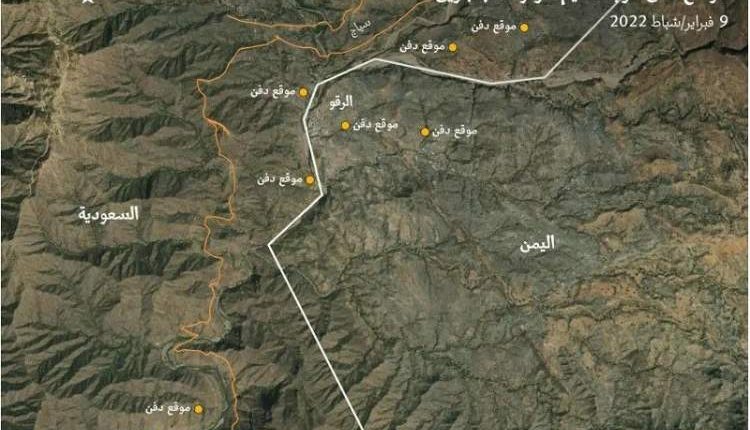Human Rights Watch: Saudi Mass Killings of Migrants at the Yemen Border
A report by Human Rights Watch recorded how Saudi border guards killed at least hundreds of Ethiopian migrants and asylum seekers who tried to cross the Yemen-Saudi border between March 2022 and June 2023.
The 73-page report, “They Fried on Us Like Rain: Saudi Arabian Mass Killings of Ethiopian Migrants at the Yemen Border,” found that Saudi border guards have used explosive weapons to kill many migrants and shot other migrants at close range, including many women and children, in a widespread and systematic pattern of attacks. In some instances, Saudi border guards asked migrants what limb to shoot, and then shot them at close range. Saudi border guards also fired explosive weapons at migrants who were attempting to flee back to Yemen.
While Human Rights Watch has documented killings of migrants at the border with Yemen and Saudi Arabia since 2014, the killings appear to be a deliberate escalation in both the number and manner of targeted killings.
“Saudi officials are killing hundreds of migrants and asylum seekers in this remote border area out of view of the rest of the world,” said Nadia Hardman, refugee and migrant rights researcher at Human Rights Watch. “Spending billions buying up professional golf, football clubs, and major entertainment events to improve the Saudi image should not deflect attention from these horrendous crimes.”
Saudi Arabia should immediately and urgently revoke any policy, whether explicit or de facto, to use lethal force on migrants and asylum seekers, including targeting them with explosive weapons and close-range shootings. The government should investigate and appropriately discipline or prosecute security personnel responsible for unlawful killings, wounding, and torture at the Yemen border.
Concerned governments should publicly call for Saudi Arabia to end any such policy and press for accountability.
A UN-backed investigation should be established to assess abuses against migrants and whether killings amount to crimes against humanity.
Source: Human Rights Watch

